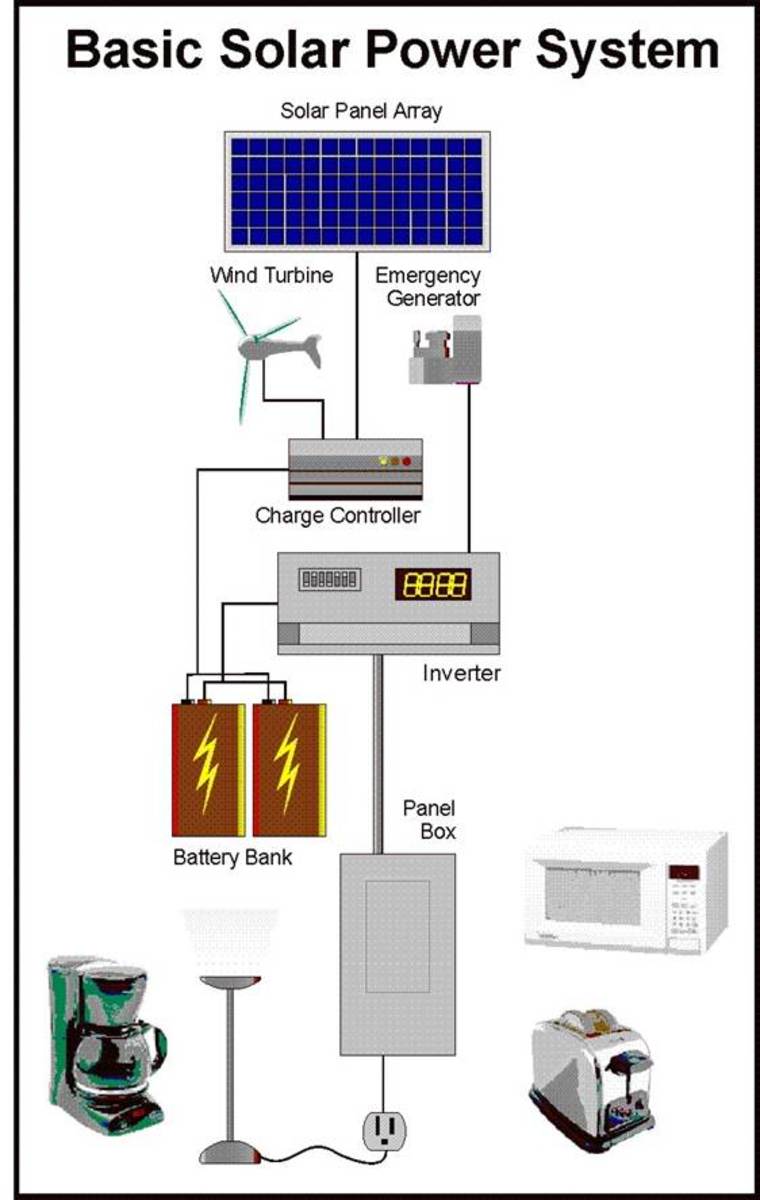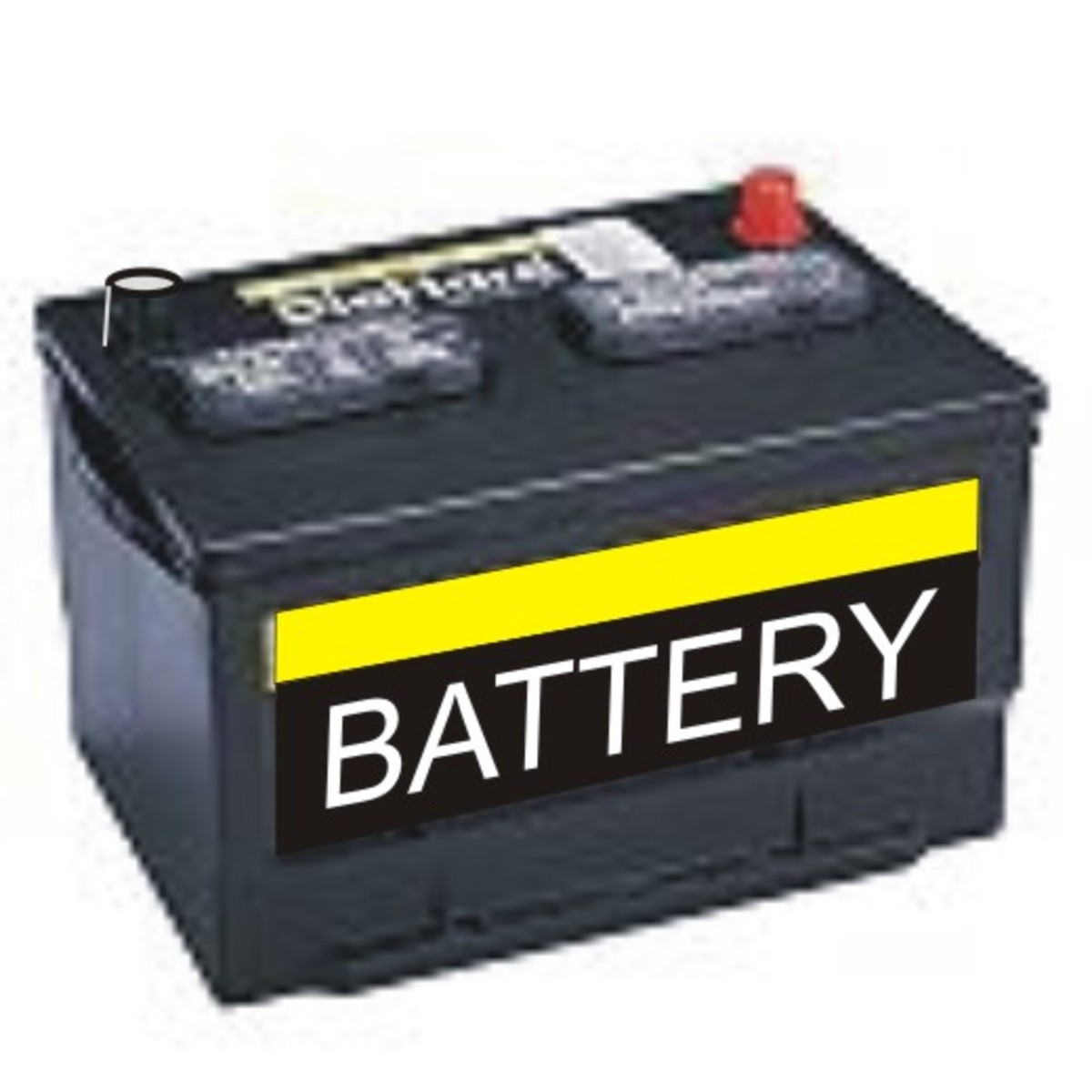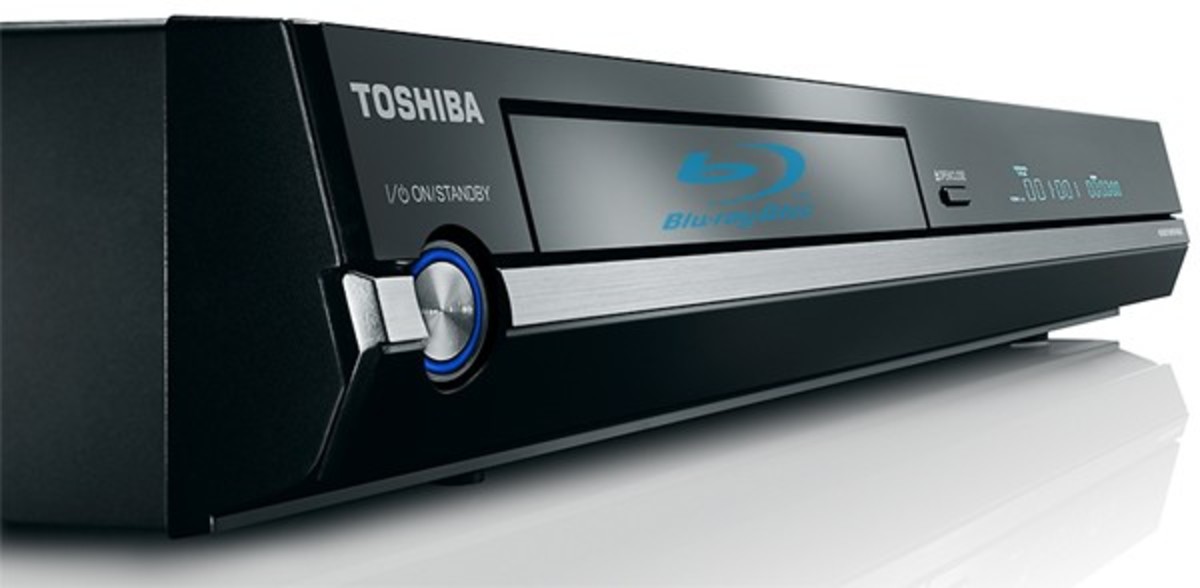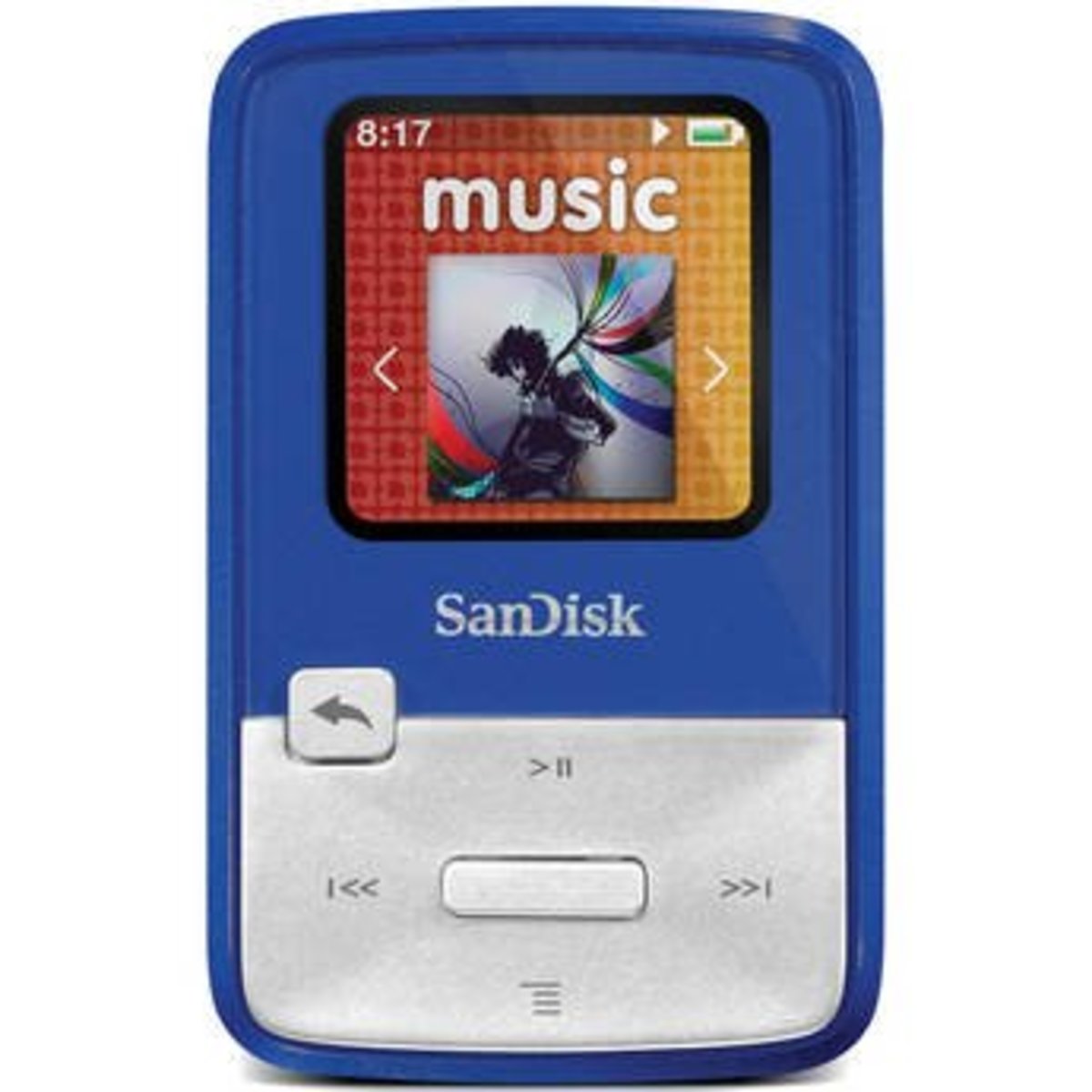What Can I Do With A Portable Solar Power Generator
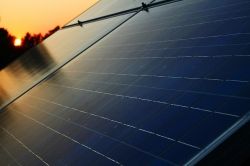
My Spring Ongoing Project
Everything seems to be running on solar now a days. Street lights, warning signs, even lawn ornaments. Everyone has a cell phone or two, a laptop or tablet. Most people have personal GPS's. Everything runs on power and most of it can be supplied free with a personal solar power generator.
I started looking into creating one but there are kits galore out there. I bought a 5x10 enclosed utility trailer and my summer project is to turn it into a camper. I thought of adding some solar panels to make it a good place to recharge my many devices so when I am camping I can take them with me. It's a thought, I may still leave all that stuff home and just wire the trailer for solar lights and a fan. That's all I really need.
But that got me thinking about when I am at home. Most of the power I use charging my devices could be supplied by a solar panel charging a battery while I am away at work and then I could plug my devices into this unit when I get home. sounds simple.
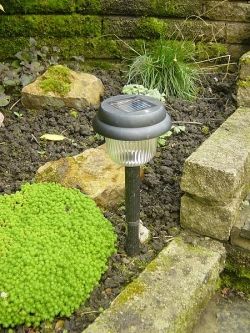
My Introduction to Solar
I'm an electrician by trade. well for this go around, being an electrician is my 5th career choice. Did I tell you I have trouble staying with one career? There's always something greener over the fence. It seems so anyways. I'm an industrial electrician so I don't get to wire houses and look at small appliances, so don't ask me over if you lights aren't working. I deal in the big stuff used to run a gas refinery.
Solar, for me, started with the little garden path lights that started cropping up after a Spring shopping day. They seemed to spring up faster than weeds, and last as bout as long. Then it was deck post caps and house number markers, all powered by little solar panels.
I just bought something new for my patio and its a solar powered shed light but I am using it in my outdoor gazebo to light up the BBQ for those nights you have a craving for BBQ food. In the passed few years the technology is getting better and better with the lights getting brighter and cheaper.
Solar has turned into something good these days. So from the garden to my trailer, I plan to take a closer look at solar and see where I can stay off grid when I am away from home yet still stay connected - if you know what I mean.
Solar Kits on Amazon




Make Your Own Portable Solar Power Generator
Here is a overview or collection of parts for a portable solar power generator. I don't go into detail here as I plan to go into further details in their own sections that I can update as I generate more info.
- Solar panels.
How portable do you want to make this? How big? How much power do you need? Answer these questions before you pick you solar panels. There are many type of panels from the rigid crystalline PV panels to flexible panels that can be rolled up to transport.
- Charge Controller
This part of the puzzle takes the power from the panels and channels it into the batteries. It prevents the batteries from being over-charged and being damaged. Quality is important here. You can cheap out on solar panels but the charge controller is important.
- Inverter
If you are just using the power for lights then a modified sine wave inverter is fine. Most electronics require a pure sine wave inverter to run efficiently and without problem. Of course the pure sine wave inverter costs more so by quality if you need to.
- Batteries
Yet another part of the puzzle that can get costly. Buy quality when you can. Regular car batteries are not the best. A pair of golf batteries makes for a better choice. They are deep cycle batteries made for going through the charge and discharge cycles of use. Car batteries get damaged if drained too much. They are not designed so.
There are newer technologies in batteries coming all the time. AGM or (Absorbed Glass Mat) are sealed batteries. Safe to mount on it side if need be. They are more expensive. They are also a bit safer to use, no need for a vented battery box, but again they are not as efficient as regular flooded deep cycle batteries.
- Miscellaneous Odds and Ends
You need disconnect switches, fused terminal blocks, wire, and USB ports and 12DCV outlets. This where it gets a bit technical. You need to size the wire for the size of system you are using. Same goes with the switches. These are all important features that are designed for safety and it protect the expensive components as well as you.
Before you buy a kit.
Before buying a kit. price out the individual components and make sure you are getting what you need not just what you want. Sometimes it is worth making your own kits from separate parts, then you know what you are getting is of the quality you need.
Are you plugged in?


Types of Solar Panels
There are basically three types of solar panels; amorphous, mono-crystalline, and polycrystalline.
- The Amorphous Solar Cell is the cheapest and becoming the most common but it is the least efficient so there is a trade off. This is the thin film type of solar panel that shows up in all the flexible solar applications, or odd shaped applications like roofing tiles, They are most common in your garden solar lights, solar powered calculators, rolled solar applications for metal roofing.
Amorphous solar panels are made by spraying or depositing a thin film of silicon crystals onto a substrate, either flexible or rigid. Because of the lower efficiency, the required area of solar panel is about 3 times greater than that of crystalline solar panels.
Having said that , this is still the best option for a portable solar power supply if you are not dealing with a fixed area for you application. There are solar panels that you can roll up and stick in your back-pack and roll out on a sunny area when you arrive to take in some power. Or small panels you can drape over the top of you pack to keep your cell phone and GPS powered over the course of the day. These are truly portable solar power generators.
- Mono-crystalline solar panels are made from wafers of a single silicone crystal. Because of their construction mono cells are best suited for direct sun exposure and are not suited for portable solar power generation. They work best in a fixed position facing directly into the sun. They are more efficient than Amorphous solar cells.
- Poly-crystalline solar panels are made from pouring liquid silicon into a square mold where the cooling process form multifaceted silicon crystals. When these blocks are cut into wafers and made into solar panels they are the best. The multiple crystals in the cells allows for more efficiency in low light or less direct light and because of this will make the best portable solar power generators for fixed area applications like the roof of your RV or camper.
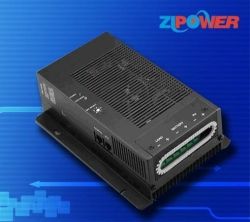
Charge Controllers
Solar panels put out voltage in varying degrees depending on the amount and directness of sunlight. A 12 volt solar panel may end up putting out 16 or 18 volts and this could cause serious damage to your storage batteries.
Charge controllers are needed to ensure the safety of your batteries by preventing them from being over charged. Again like in all things there are cheaper model and models that have many bells and whistles and unneeded functions. You get what you pay for stands good here.
There are a wide variety of charge controllers and you need to pick one for your application. Some just turn off when battery levels have reached maximum. These are called Series charge controllers. Others shunt the energy from the batteries when the batteries are full and use the solar energy for another application like a solar electric water heater. These are called shunt controllers.
There are also 2 and three stage controllers. 2 stage controllers just turn off the power when the batteries get full and three stage controllers charge batteries in three stages:bulk, absorption and float. Never get a 2 stage charger as they will not maintain your batteries at the optimal capacity.
Then there are PWM (pulse width modulation) or MPPT (maximum power point tracker) This technology makes for a more efficient charger controller by varying the current going to the batteries: more when the batteries are low and less when the batteries are nearing full charge. They do so in different ways but get the same results. Some also monitor battery temperature as well and factor that into the charge equation.
So after you do your research you'll find that a 3 stage MPPT charge controller is the one you'll settle for. I am.
Size you charge controller by adding 25% to your solar panel output then getting a charge controller rated for or above that amount. If your solar panels put out 9 amps and you have 2 of them that's 18 amps plus 25% (4.5) equals 22.5 amps. so don't get a 20 amp charge controller get a 25 amp one.
Inverters
Inverters are made in a myriad of sizes so you need to know ahead of time exactly what you need to power before you buy you inverter. There are two types of inverters; modified sine wave and pure sine wave inverters. Both work well at inverter 12VDC to 120 ac power. Some motors and fine electronics require the pure sine wave inverter. LED lights can do with a cheaper modified sine wave inverter.
In my case, I plan to install only 12 volt plugins and use USB style connectors for all my powered equipment. I plan to install a car radio, 4 or 5 LED lights, and some USB ports for charging cell phones, a tablet, a few e-readers and a GPS.
As far as inverters go I still have a laptop I may bring along and for that I can use a simple 75 Watt modified sine wave inverter that plugs into a 12 vdc socket. I can use that to power the laptop because the power cord for the laptop converts back to dc power anyways for when and if I take it.
Now in case the wife just has to have her TV I plan to source a 300 or 600 Watt pure sine wave inverter. This will give clean power for a small TV and a DVD player all she needs to get her CSI fix.
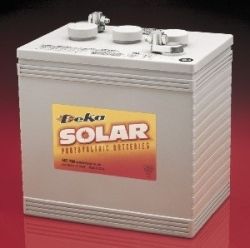
Batteries
Again more choices. There are many styles and types of batteries but we are only going to focus on one type - deep cycle batteries. You car battery is not a deep cycle battery. It is designed to carry a charge all the time and not be discharged.
Deep Cycle batteries come in two formats. Flooded cell and AGM (absorbed Glass Mat) or sealed cells. AGM batteries are of more rugged construction and can be mounted in more than one plane. Being sealed they are far safer to be placed in a non-vented environment but it is still standard practice to ventilate the battery box. Being sealed they require far less maintenance so they can be put in an inaccessible storage area. The only draw back to these newer low maintenance sealed AGM batteries is their higher cost and lower efficiency.
Flooded cell or wet cell batteries like golf cart batteries are excellent for this application. Flooded cell require regular maintenance so you'll need to get familiar with dealing with an electrolyte hygrometer. You can add distilled water to the open cells to top them up as regular use "boils" off the water in its natural chemical reactions. Pro's: these type of batteries are cheaper and more readily available. They are easy to maintain and adapt to varying temperature changes. Cons: The have to be housed in a well ventilated box because the natural cycle of charging and discharging gives off hydrogen gas which is highly flammable. They also have only one way to sit so it makes it a little more difficult to store.
Weighing the pros and cons I have decided to go with just 2 - 6 volt sealed gel batteries. I'll put them in a vented battery box, even though they are sealed batteries, on the tongue of the trailer, a common place to put it. The battery box is a stock item so it is one thing less I have to make.
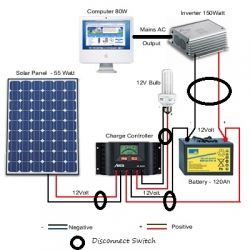
The Extras Most Kits Miss
There are safety concerns I pick up on as an electrician that most kit builders leave out because of cost. Lets put some of these factors in.
Disconnect or isolation switches. Put these switches between the solar panel and the charge controller and between the battery bank and fuse block. The size of switch depends on your system.
The wires from the battery go to a fuse block and from there to the outlets or inverter putting a fuse between the batteries and the devices protects them as well.
Most of the instructions for installation of this equipment comes with the individual devices. The charge controller will give you wire sizes and sizes of protection fuses in the documentation. Make sure you gather all the information together before you start your install and read through the manuals to get the right size of protection devices for your system.


